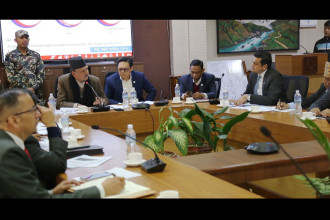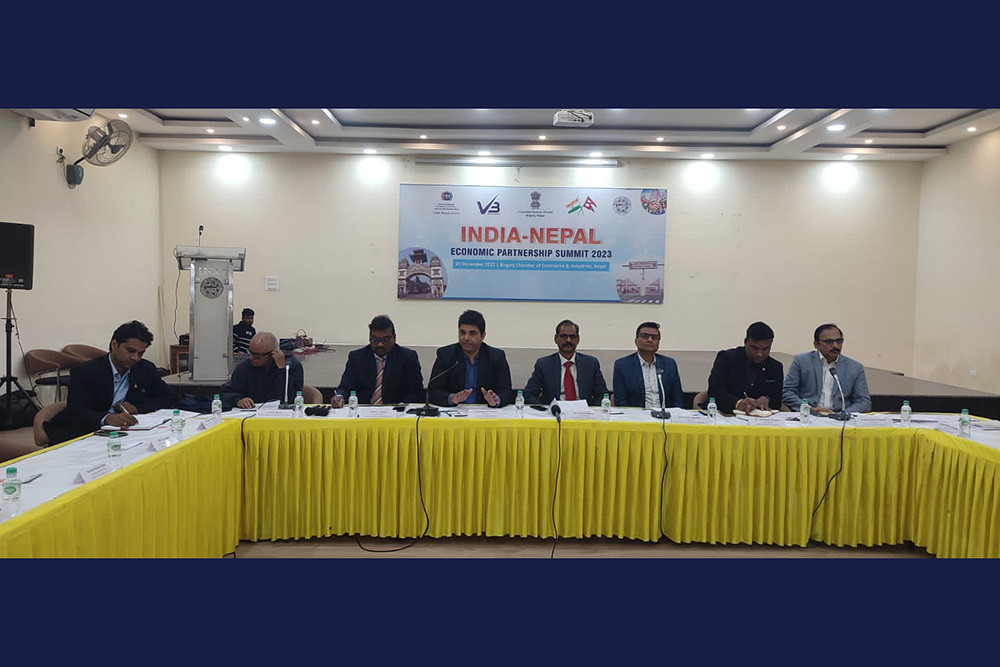
IMF Approves $214 Million to Nepal to Address COVID-19 Pandemic
The International Monetary Fund (IMF) approved a disbursement to Nepal under the Rapid Credit Facility (RCF) equivalent to SDR 156.9 million (about US$214 million, 100% of quota) to help cover urgent balance of payments and fiscal needs stemming from the COVID 19 pandemic.
The COVID 19 pandemic is having a severe impact on Nepal’s economy. During recent months, remittances have fallen considerably, tourist arrivals collapsed, and domestic activity has taken a hit amid social distancing measures.
The authorities’ immediate priority has been to deal with the human and economic impact of the COVID 19 pandemic. The authorities are increasing health spending, including by providing additional incentive pay and insurance coverage to all medical front-line personnel, importing additional medical supplies, and setting up quarantine centers and temporary hospitals. They are also strengthening social assistance by providing those most vulnerable with daily food rations, subsidising utility bills for low-usage customers, and taking steps to partially compensate those who suffer job loss. In addition, measures are being implemented to ensure adequate liquidity in the financial system and support continued access to credit.
The IMF financial support will make a substantial contribution to filling immediate external and fiscal financing needs that have emerged due to COVID-19. It is also expected to catalyze additional support from development partners.
Following the Executive Board discussion, Tao Zhang, Deputy Managing Director and Chair, made the following statement:“The global and domestic measures to contain the COVID 19 pandemic are severely affecting the Nepali economy, through their impact on remittances, tourism, and domestic activity. These have given rise to an urgent balance of payments need and a fiscal financing gap. Fund support under the Rapid Credit Facility, following the recent approval of debt service relief under the Fund’s CCRT, will help the authorities address immediate financing needs and catalyse additional support from other development partners.”





